While reading proficiency is key to academic achievement, reading ability can also predict long-term success beyond academics. So how does engaged reading lead to long-term success in and out of the classroom?
The Benefits of Engaged Reading
1. Reading Changes Your Brain For the Better

Engaged reading creates pathways to learning. On a biological level, reading has been found to increase brain activity in the areas responsible for language, physical sensation and movement. When you feel like “you’re really there” while reading an exciting story, your brain does too! Reading allows us to learn from the experiences we read about, without having to go through those events firsthand. It’s the perfect way to travel the world from a school desk or the couch at home!
2. Reading Builds Greater Understanding

The more students read, the more their vocabulary and comprehension grows, which correlates to higher scores on achievement tests across subject areas. Daily reading improves critical thinking skills as well, so as students read more, they learn how to think independently. Strong critical thinking skills and a large vocabulary can award students more opportunities, including admittance to higher education and rewarding job opportunities. Critical thinking can also help students to become more understanding and engaged members of their community.
3. Reading Boosts Motivation

As students become more self-assured due to reading success, they build intrinsic motivation to tackle larger challenges in and out of school. Consistent reading encourages students to live life with curiosity, seeking knowledge in and out of the classroom. Once a student feels motivated, they are more likely to stay motivated, creating a positive trajectory of success.
4. Reading Promotes Empathy

Books reflect a variety of stories and perspectives. Not only will students feel seen when they see titles that mirror their personal experiences, but they will gain empathy for their peers when they learn about other points of view. The more stories a student reads, the more they can expand their worldview and connect with others.
5. Reading Success Improves Confidence

As students tackle increasingly challenging books, their self-confidence improves. They begin to believe they can accomplish whatever they set their minds to, academic or otherwise.
6. Early Literacy Has Lasting Positive Outcomes

Studies show reading at grade level by as early as fourth grade can have lifelong positive outcomes, including a greater likelihood of pursuing higher education. Since readers are exponentially more likely to graduate high school and go on to college, they can earn 42% more than their peers.
7. Reading is Good for Mental and Physical Health

Reading can be a healthy coping mechanism that reduces rates of depression and stress and even lowers blood pressure and heart rate. As students learn to manage their physical and emotional responses with reading, they form a positive method to process difficult experiences throughout their lives.
What if Students Don’t Read Enough?
As much as engaged reading sets students up for a lifetime of success, poor reading habits early on can have equally damaging effects. Students who do not read on level by fourth grade are four times more likely to drop out of high school. Consequently, those who do not have at least a high school education are at greater risk of poverty, earning much less than their peers with a diploma.
While these statistics can feel discouraging, early intervention can make a world of difference, and it is never too late to foster a love of learning.
Are Your Students Struggling With Reading But You’re Unsure How to Help?

There are many factors impacting why students may dislike reading or not meet their reading goals, but luckily, there are also many proven solutions. Check out our blog for 10 specific ways to engage readers for long-term success.
What is the biggest obstacle you face when engaging readers in the classroom? How are you tackling it?


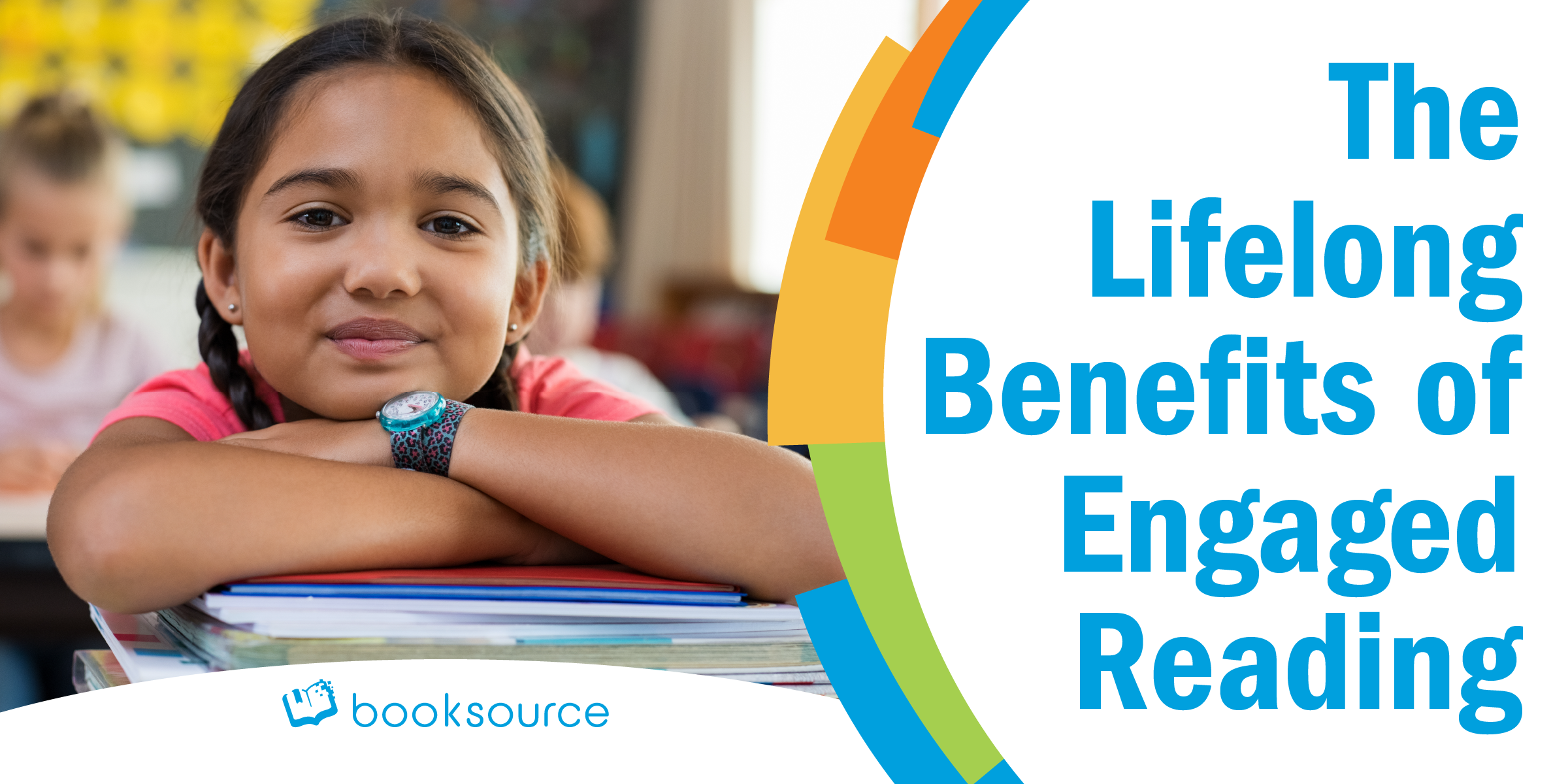
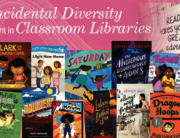
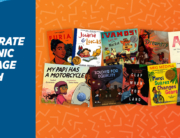

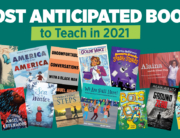
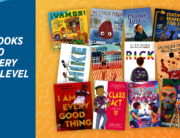
[…] While strong reading skills support academic success, engaged reading benefits students long after they leave the classroom. Did you know that reading at grade level by fourth grade makes students more likely to graduate high school, go on to college and earn more money than their peers? Learn the other ways engaged reading leads to long-term success. […]
[…] It is up to administrators to communicate how improving classroom libraries can benefit students across all grades and reading levels. They will also reiterate why reading books from many different perspectives is essential to fostering independent thinkers and high achievers. […]